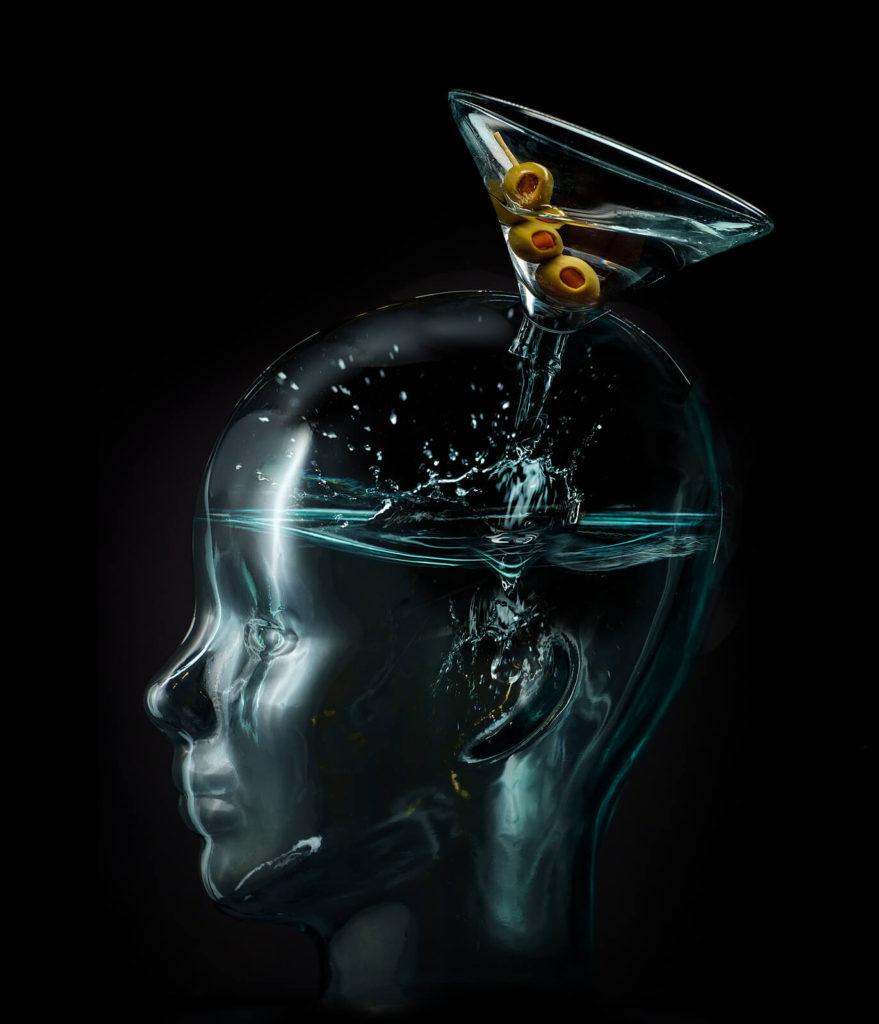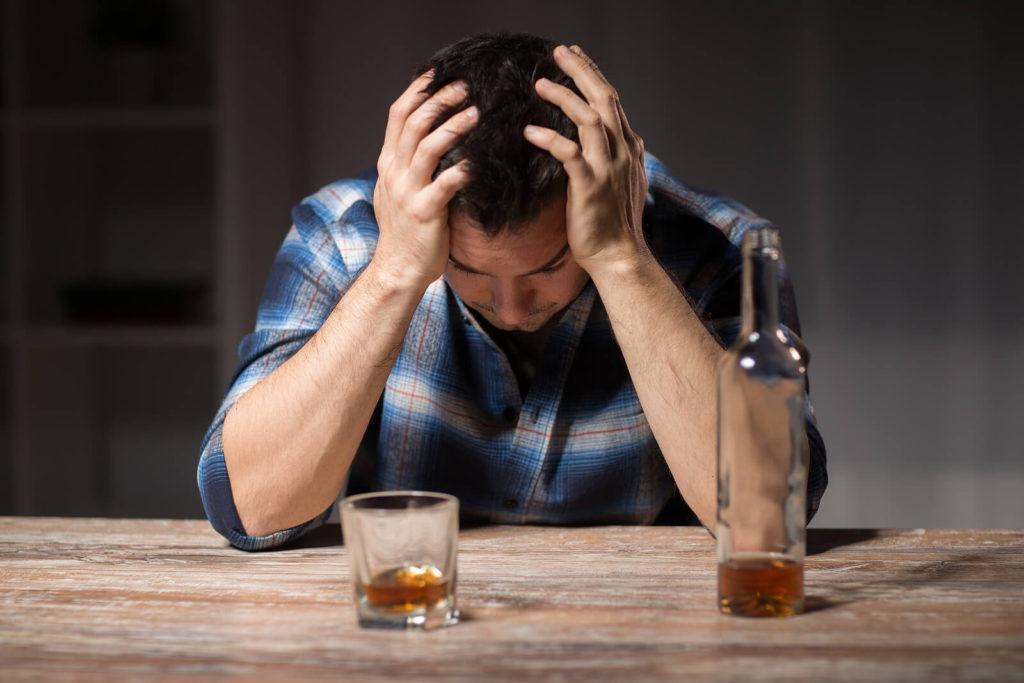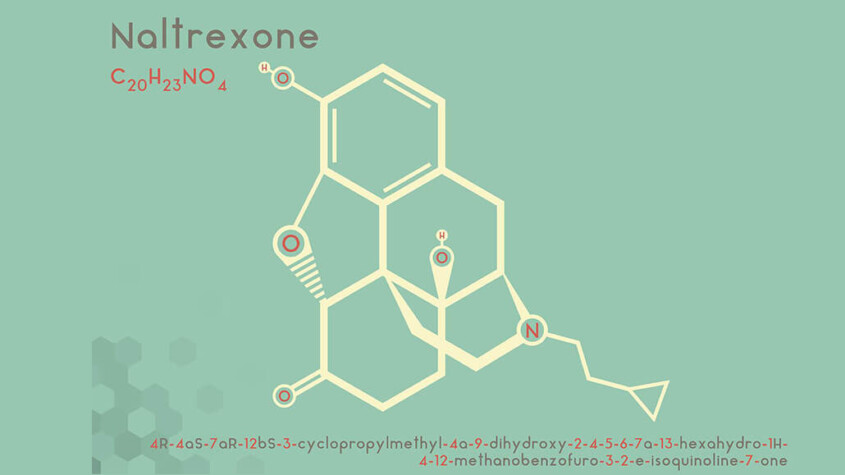How Naltrexone Can Help Control Alcohol Cravings & Alcoholism in NYC, Manhattan
Naltrexone for Alcohol Cravings and Alcoholism in NYC, Manhattan
Have you or someone you love been struggling with alcohol addiction in New York? Are you frustrated with doctors who prescribe no medications and send you to NYC Manhattan AA meetings? Now, there’s hope! Naltrexone (Revia) has been used to treat alcohol cravings since 1994, and it’s FDA approved! This powerful drug can help you or your loved one beat alcohol addiction by curbing the cravings that make it so hard to stop drinking. One of the most important things you can do in alcohol treatment is to find the right doctor, and naltrexone works best when prescribed by an addiction psychiatrist. Stephen Gilman, MD is a New York addiction psychiatrist with over 20 years of experience treating alcohol addiction, alcoholism, and problem drinking in NYC, Manhattan.
What is Naltrexone (Revia)?
Naltrexone is a long-acting opioid antagonist that works by blocking opiate receptors. While it’s been used for opioid addiction treatment in New York, NYC Manhattan since its approval by FDA in 1984, it wasn’t until recently that doctors have been prescribing naltrexone for alcohol cravings. There are few side effects associated with using naltrexone for alcohol cravings. It’s also taken orally, instead of intramuscularly (like Vivitrol). Thus, making it easier to take for those without access to or medical coverage for injections. Because there are few obvious drawbacks or downsides (at least nothing compared to other alcohol drugs) some may consider using naltrexone over other alcoholism medications like Antabuse or Campral. So how does someone with an alcohol addiction problem in New York get it prescribed?
How Does Naltrexone Work?
Naltrexone works by blocking receptors in your brain that cause cravings. Cravings are not your fault as they are completely out of your conscious control. If you’re thinking about using alcohol after a long period of abstinence or if you suffer from obsessive thoughts about drinking or engaging in other addictive behaviors, it could be because your brain has been altered by chronic substance abuse. Naltrexone can help re-balance the brain so that you don’t experience cravings. And no cravings mean it’s so much easier to curb or stop your drinking entirely.
Do You Need to Stop Drinking Completely While Taking the Medication?

You might be able to drink small amounts of alcohol while taking naltrexone—however, you should speak with your doctor first before drinking even a sip. Heavy alcohol consumption may cause naltrexone to lose some of its effectiveness. Also, note that you will likely experience cravings for alcohol when you first begin taking naltrexone. This is because if you’ve been using alcohol on a regular basis for an extended period of time the craving center in your brain is very sensitive to being exposed to alcohol. It will take a bit of time before naltrexone can help to calm down this craving center. Talk to your doctor about ways to cope with these cravings until they go away on their own.
Who can Benefit from Taking Naltrexone?
While naltrexone is FDA approved for alcohol cravings and has been available for years it has been underused. Most primary care doctors and general psychiatrists don’t know how to most effectively use naltrexone. The important thing to know about alcoholism is that it’s a primary chronic brain disease that gets worse as the addiction progresses. This is why it’s so important to get alcohol treatment with naltrexone as soon as you realize you have a problem. This phenomenon seems linked to elevated levels of cortisol (aka the stress hormone). This triggers damage in certain brain circuits controlling drinking behavior. In fact, studies show many people who receive naltrexone therapy also experience a lowering of their serum cortisol level after they take it. And less cortisol means less stress, tension, and anxiety.
Side Effects Associated with Using This Medication
Side effects from using naltrexone to curb alcohol cravings may include nausea, stomach cramping, and headaches. These symptoms are usually mild and temporary and can often be treated by taking over-the-counter medications or sticking with a light diet. If you have any side effects you should discuss them directly with the clinician prescribing it. The most serious side effect is an allergic reaction. Patients who have an allergy to naltrexone should never take it; without proper supervision, they may end up in critical condition after drinking even small amounts of alcohol while taking naltrexone.
Is There Anything Else I Should do Besides Taking the Naltrexone?
In addition to taking naltrexone when you have alcohol cravings, your addiction psychiatrist will also educate you on how to take care of yourself in a time of need. Alcohol is prevalent everywhere we go—from our closest friends who might offer us a drink after work to all-you-can-drink happy hours—so knowing how to say no is an important skill that all recovering alcoholics should master. If you don’t know how, discuss with the therapist ways you can avoid situations where drinking may occur or find alternative activities that satisfy your social needs while still respecting your desire not to drink. The combination of naltrexone with addiction-focused psychotherapy from a well-trained New York Addiction Psychiatrist, such as Stephen Gilman, MD, is always the best option.
Besides naltrexone, are there any other medications that can help reduce my alcohol cravings?

One of the medications that have been approved by the FDA to treat alcohol cravings is naltrexone. Some physicians also prescribe acamprosate (Campral) to help with alcohol cravings. However, it’s unclear whether acamprosate reduces cravings any more than a placebo. If you have alcohol cravings despite taking naltrexone, your doctor may recommend other medications. These may include antidepressants or mood stabilizers to help reduce your alcohol consumption. There are other medications available that can be prescribed by a well-trained addiction psychiatrist to further alleviate cravings.
Considering an Evaluation with Stephen Gilman, MD Addiction Psychiatrist NYC?
Please call my office at 212-717-9138 and leave a message with your name and return phone number. I’ll personally return your call and we’ll have a FREE, no-obligation 15-minute phone consultation. This will allow us to see if I’m the best addiction treatment specialist for your needs.
Begin Alcohol Treatment in New York, NY
Mediations can be even more effective when paired with support from a trained online psychiatrist in New York, NY. I would be happy to offer help from my NYC, Manhattan-based therapy practice. You can start overcoming your cravings today. To start your therapy journey, please follow these simple steps:
- Contact Stephen Gilman, MD
- Learn more about me and my approach
- Start overcoming your alcohol cravings!
Other Services Offered with Stephen Gilman, MD – Addiction Psychiatrist in NYC, Manhattan
I’m happy to offer a variety of mental health support from my NYC, Manhattan, New York-based therapy office. Other services Stephen Gilman, MD offers include general psychiatry, young adult psychiatry, and alcohol addiction treatment. As well as prescription drug addiction treatment, cocaine addiction, and meth addiction treatment. In addition, I also offer support via behavioral addiction treatment, PTSD treatment, drug addiction treatment, marijuana addiction, and adult psychiatry in New York. Feel free to learn how I also offer support through my blog or about page today!




